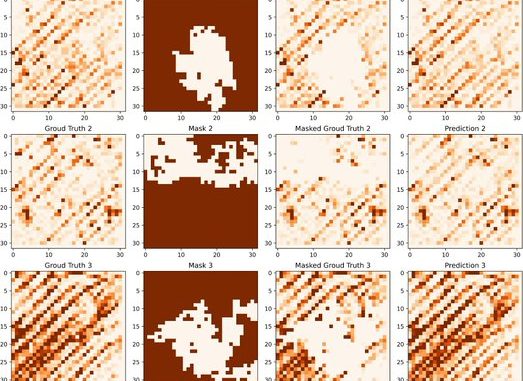
The sparse and inconsistent availability of urban data is currently hampering efforts to manage our cities fairly and effectively—but this could be solved by exploiting the latest advances in artificial intelligence.
Our cities are remarkably complex systems. Every day, they host countless numbers of interconnected exchanges between people and processes, generating vast amounts of data in turn. Researchers have begun to explore how this information could be used to improve urban environments—but due to limitations in its quality, these efforts continue to face significant challenges. Through detailed analysis published in The European Physical Journal Special Topics, Bill Howe and colleagues at the University of Washington, U.S., propose how artificial intelligence (AI) could be used to expand the coverage, access, and fairness of data collected in cities.
While AI is now increasingly being exploited to analyze cities, its use so far has been widely associated with profit-oriented, potentially societally harmful applications, such as facial recognition. Howe’s team hope that this picture could change through new advances in neural networks: AI models which mimic the functions of our brains as they learn and process new information.
Specifically, they propose that the networks could reconcile « top-down » approaches for analyzing cities, which aim to model large-scale, emergent properties of cities, with « bottom-up » techniques, which aim to recreate individual interactions as closely as possible. So far, this unification has remained difficult due to inconsistencies in the availability and quality of data collected in cities.
